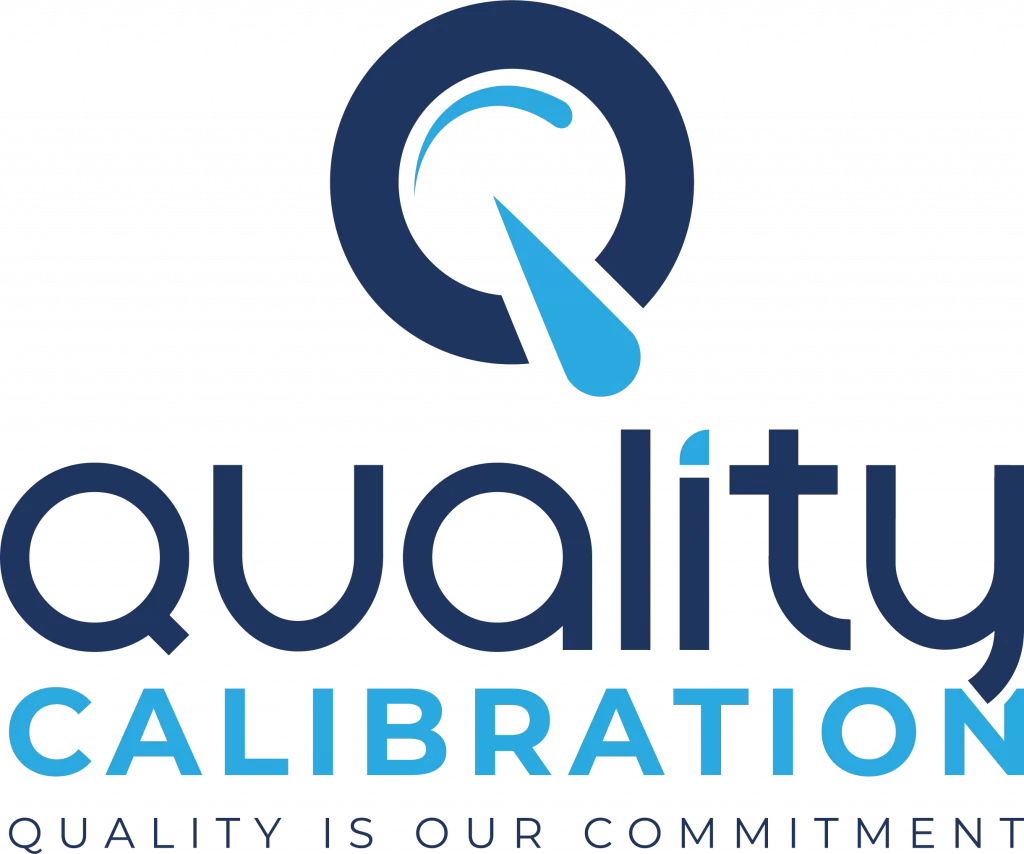In the world of scientific research and experimentation, precision is paramount. Laboratories are hubs of innovation, where groundbreaking discoveries are made, and accurate results are the holy grail. But have you ever wondered what makes those results so reliable? The answer lies in the meticulous process of lab equipment calibration.
What Is Lab Equipment Calibration?
Lab Equipment Calibration refers to the systematic process of adjusting and verifying the accuracy of laboratory instruments and equipment. It ensures that the measurements taken by these instruments are consistent and trustworthy, which is essential for producing reliable data in various scientific fields.
Why Does Lab Equipment Calibration Matter?
- Accuracy is Everything: Imagine a scientist conducting a critical experiment with a pipette that isn’t calibrated. The results obtained could be wildly inaccurate, potentially leading to incorrect conclusions. Calibration ensures that such mishaps are minimized.
- Compliance and Quality Assurance: In many industries, including healthcare and pharmaceuticals, strict regulations mandate regular calibration. Compliance is crucial not only for meeting legal requirements but also for maintaining the highest standards of quality.
- Cost Savings: Surprisingly, investing in calibration can save money in the long run. Accurate equipment reduces the likelihood of errors, which can be costly in terms of materials, time, and reputation.
When Should Lab Equipment Be Calibrated?
Calibration frequency depends on several factors, including the type of equipment, its usage, and industry regulations. However, here are some general guidelines:
- Regular Intervals: Most equipment should be calibrated at regular intervals, typically every 6 to 12 months.
- After Repairs or Transport: Calibration is also necessary if the equipment undergoes repairs or is moved to a different location. Even a slight jolt during transportation can affect its accuracy.
- Out-of-Tolerance Events: If an instrument shows signs of being out of tolerance, it should be calibrated immediately to avoid erroneous results.
Commonly Calibrated Lab Equipment
- Balances: Precise measurements of mass are vital in chemistry and biology.
- Pipettes: Accurate volumes are critical for titrations and sample preparation.
- Thermometers: Temperature control is essential in many experiments.
- Spectrophotometers: Used in chemical analysis, these require regular calibration for accurate results.
- pH Meters: For maintaining the acidity or alkalinity of solutions.
The Calibration Process
Calibration involves a series of steps:
- Preparation: Clean and stabilize the equipment in its operating environment.
- Measurement: Collect data from the instrument.
- Comparison: Compare the instrument’s readings to a known standard.
- Adjustment: If necessary, make adjustments to align the readings with the standard.
- Validation: Confirm that the equipment now meets the required accuracy standards.
Choosing the Right Calibration Service
Selecting a reliable calibration service provider is crucial. Look for:
- Accreditation: Ensure they have the necessary certifications and accreditations.
- Experience: Check their track record and client testimonials.
- Traceability: They should provide traceable references to national or international standards.
- Turnaround Time: Consider the time they take to calibrate and return your equipment.
- Cost: Compare prices and services to get the best value for your investment.
Conclusion
Lab equipment calibration is not just a routine task; it’s the backbone of scientific accuracy and reliability. From chemistry labs to healthcare facilities, ensuring that your instruments are calibrated can make the difference between success and failure in your experiments. Embrace the precision, adhere to the regulations, and invest in the trustworthiness of your data through proper calibration. Your research and innovations deserve nothing less.

Md. Hasan Ibrahim is a Technical Manager at Quality Calibration with extensive experience in the calibration sector since 2015. Holding a Bachelor of Science degree in Mechanical Engineering from Khulna University of Engineering & Technology (KUET), he has received training from various national and international organizations including CSIR-CMERI, QSI, BAB, NML-BSTI, memmert, and X-rite. With expertise in ISO/IEC 17025 assessment, method validation, metrological traceability, and uncertainty, he has successfully completed numerous calibration projects across diverse industries such as pharmaceuticals, food & beverage, oil & gas, textiles & garments, power plants, batteries, chemicals, hospitals & healthcare, and private universities.


